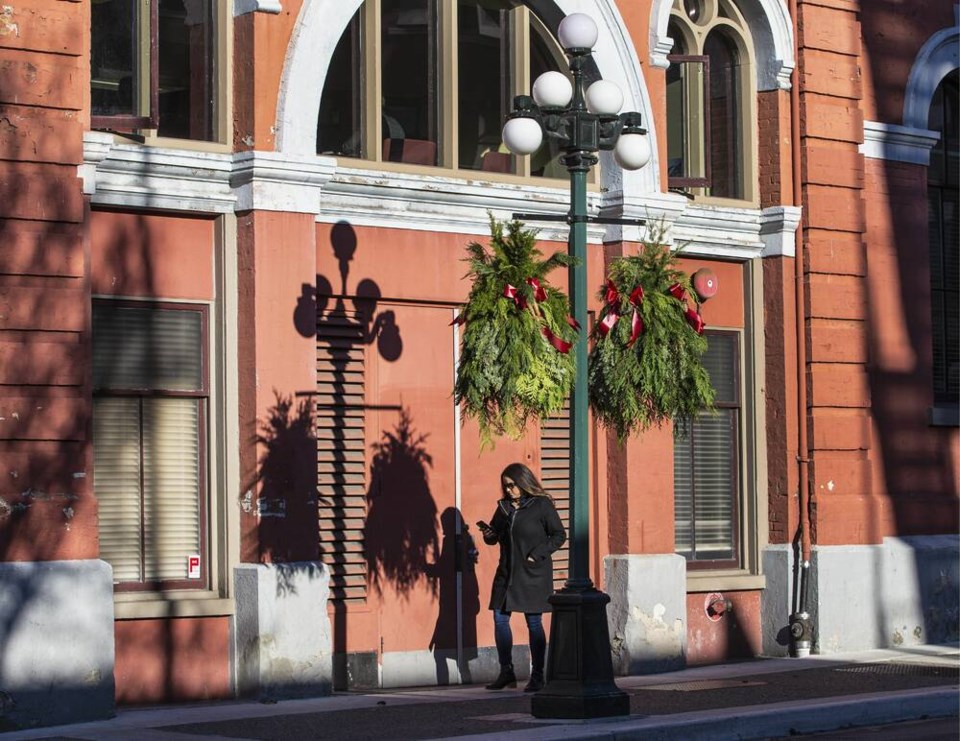The City of Victoria is cracking down on operators of illegal short-term rentals, with one condo owner facing a fine of $15,200.
The city recently won four court cases against people operating short-term rentals without a business licence, some of whom were denied a licence because the rental did not fit within the city’s rules, passed in 2018.
One operator who was renting two single-family homes where they did not live never applied for a business licence for the rental. That person was fined $2,000 and is prohibited from operating a short-term rental in the city.
Victoria’s regulations allow rentals of less than 30 days in someone’s home if they live there and it is only rented on occasion, such as while they’re away on vacation, or if up to two bedrooms with a shared kitchen and living spaces are rented while the resident is there.
The rules also allow owners of a home that is not a primary residence to continue short-term rental operations if they were allowed and active before the 2018 bylaw changes.
There are 525 licensed short-term rentals in Victoria.
The short-term rental rules were brought in to protect the housing supply in the city, said Mayor Lisa Helps.
“We can’t force people to rent homes or rent units, but we can certainly encourage people to participate and be part of the solution in the city’s rental housing crisis,” she said.
The court rulings in the city’s favour will help ongoing enforcement efforts, because the main arguments against the city’s bylaw have now been tested in court, Helps said.
“People can say: ‘Well, I’m going to take the city to court because I don’t want to shut down my Airbnb.’ Well, we’ve already won a case that looks exactly like yours, and so please come into compliance. It’ll save the city a lot of court time,” she said.
Bylaw staff use a variety of methods to identify operators who are operating illegally, including acting on tips from the public and scouring listings on Airbnb and other vacation-rental sites, said Shannon Perkins, Victoria’s bylaw manager.
“For the last three years, we’ve been focusing heavily on education and making sure that the public is aware of the current regulations. But now, after the decisions from the court case, we’re moving on to active enforcement,” Perkins said.
The fine for operating a short-term rental without a licence is $500 per day and can be applied retroactively, while advertising without a licence carries a fine of $250 per day.
The four situations ruled on by the courts resulted in fines ranging from $1,300 to $15,200. The $15,200 fine was handed down to the owner of a Johnson Street condo whose application for a business licence was denied and who nonetheless continued to operate the short-term rental.
The city has approximately 400 open investigations into short-term rentals.
Douglas King, executive director of Together Against Poverty Society, said the short-term rental rules have had a positive, but minor, impact on housing supply.
Despite the rules, the city continues to have a shortage of affordable rental housing, he said, suggesting Airbnb and similar vacation rental sites were not as much of a problem as initially thought.
Over the past two years, he’s noticed a rise in evictions for when landlords declare that they want to take over a property for personal use; that allows landlords to evict tenants with two months’ notice. “That’s our biggest concern right now, is that this kind of rule is still being used as a loophole to get around the obligation to rent to someone in the long term,” he said.
Together Against Poverty Society continues to advocate for vacancy control, which ties rent to units instead of tenancies, so landlords can’t increase rents whenever a tenant moves out.
Paul Nursey, CEO of Destination Greater Victoria, said he welcomed the court’s decision to uphold the city’s bylaw on short-term rentals, because the issue affects the reputation of legitimate tourist accommodation operators. “Our industry wants nothing to do with the mass commercialization of housing stock,” he said.



